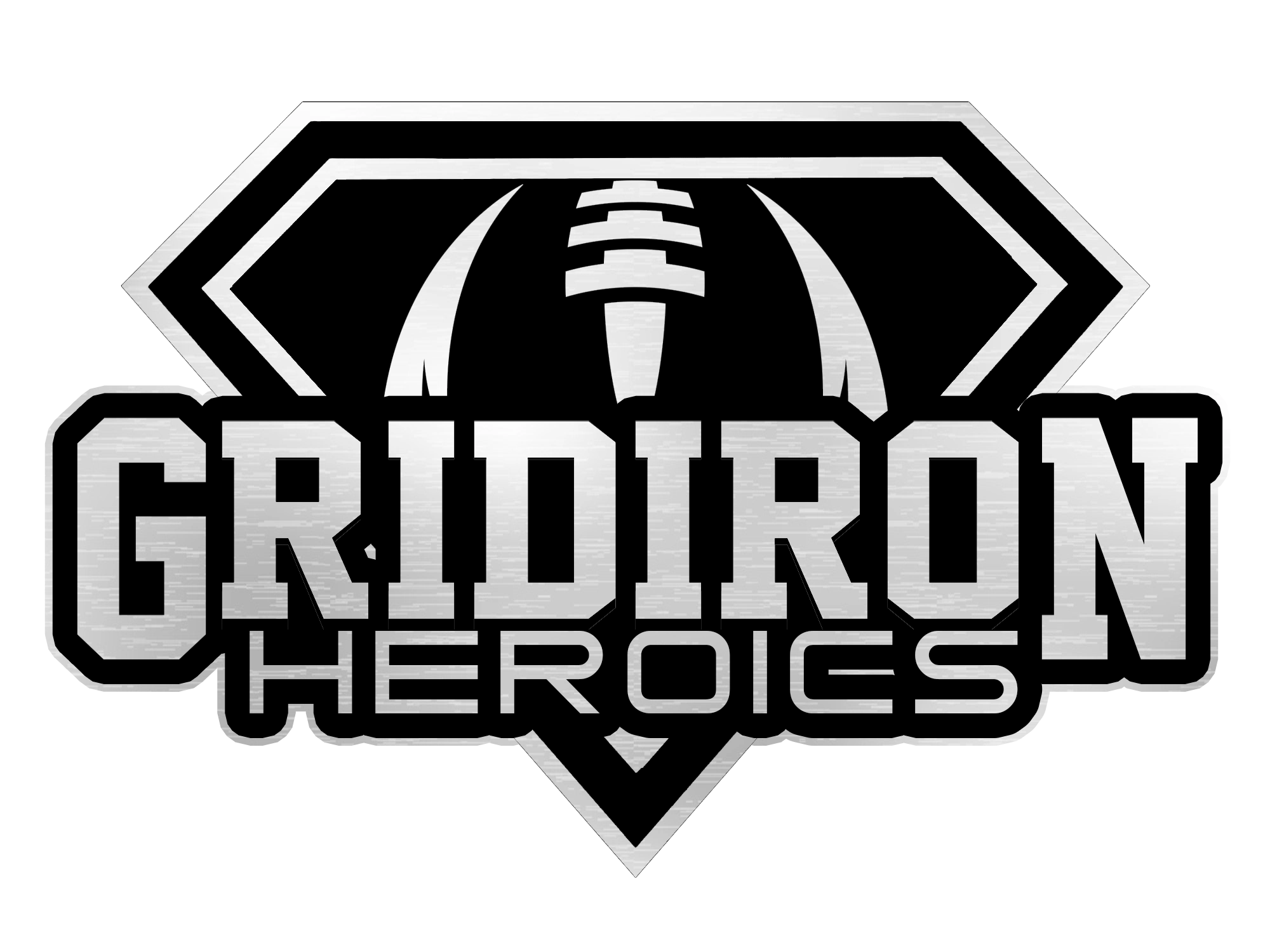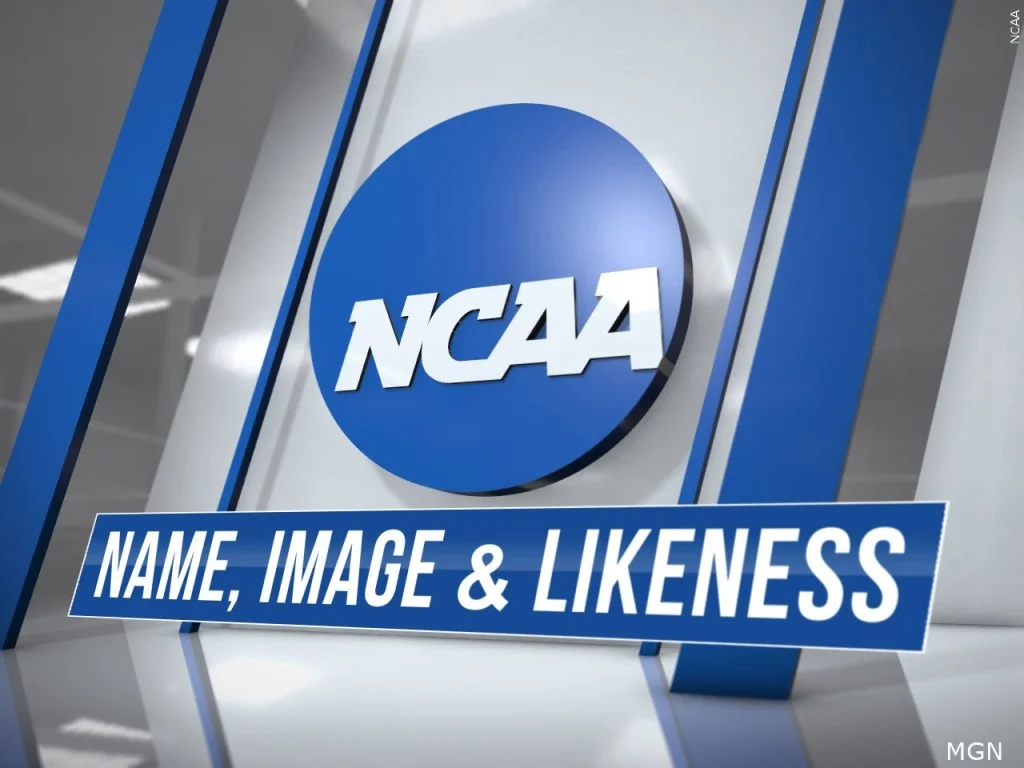According to On3, NCAA president Charlie Baker announced yesterday that all investigations regarding athletes’ name, image and likeness (NIL) deals have been halted. This is a temporary victory for the University of Tennessee, who had been accused of over 200 NIL violations.
With mounting pressure from the attorney generals of both Tennessee and Virginia, the NCAA was forced to take a step back. Both states sued the organization over its NIL rules, claiming they were harmful to student-athletes. All restrictions will be frozen until the court case is over, which will probably take months. Now, over 523,000 athletes will be able to freely negotiate NIL deals without the possibility of breaking any rules.
What are the specific NIL rules in question?
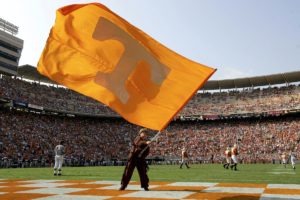
Eastern Tennessee Judge Clifton Corker granted the preliminary injuction on Feb. 23, which is a legal motion that “forces the defendant to temporarily stop their allegedly harmful behavior.” Corker claimed:
“(W)ithout the give and take of a free market, student-athletes simply have no knowledge of their true NIL value. It is this suppression of negotiating leverage and the consequential lack of knowledge that harms student-athletes.”
According to the Washington Post, the specific NIL rules that the the court is suing over are as follows:
- The prohibition on paying athletes for “specific athletics performance” (what the NCAA calls pay-for-play).
- The prohibition on schools directly paying athletes through NIL deals (which Baker hopes to change, though he says he needs congressional help first).
- The requirement that athletes actually do something to receive NIL money.
This begs the question: how can the NCAA ban athletes from being paid when they’re signing multi-million NIL deals left and right? Of course, the way schools have been getting around the rules has been by enlisting large donor groups that are not technically affiliated with the university. These groups are the ones that negotiate with student-athletes’ families for recruiting purposes.
However, the NCAA’s lack of transparency regarding which type of deals are allowed is the reason for the confusion. For example, one of Tennessee’s infractions was allowing the mother of a prospect to receive $6,000 to put towards a new car, according to Gridiron Heroics’ Andrew Kusleika.
Why was this against the rules, but USC guard Bronny James’ is allowed to make around $6 million? Can it be proven that the Trojans truly had nothing to do with James’ endorsements from Nike, Beats By Dre, and PSD Underwear? There is clear and obvious inconsistency.
Unpacking the effect of this case
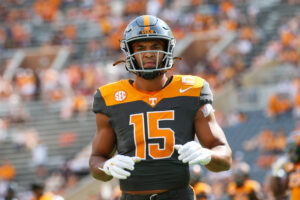
Baker released a statement acknowledging the effect of the injunction:
“…the D-I Board, NIL Working Group and NCAA staff are fully aware of the need to bring about clarity for the role of institutions as soon as possible. In fact, the council introduced a proposal in January intended to clarify the role of schools in NIL matters. That proposal will be on the council and board agendas this April.
While it’s a good sign that the NCAA will start trying to be more transparent, the jury is still out until it actually follows up on Baker’s claim.
UT is safe for now
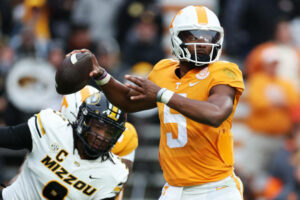
Thanks to Tennessee Attorney General Jonathan Skrmetti’s decision to sue the NCAA in the wake of the NIL investigation, the Volunteers will come out unscathed for the foreseeable future. Now, the college sports world awaits for the NCAA’s upcoming proposals to clarify legal NIL deals.
Get More NFL and College Football Content
For more news and trends in the college football world, click here or follow me on Twitter @joshvaldez100.
